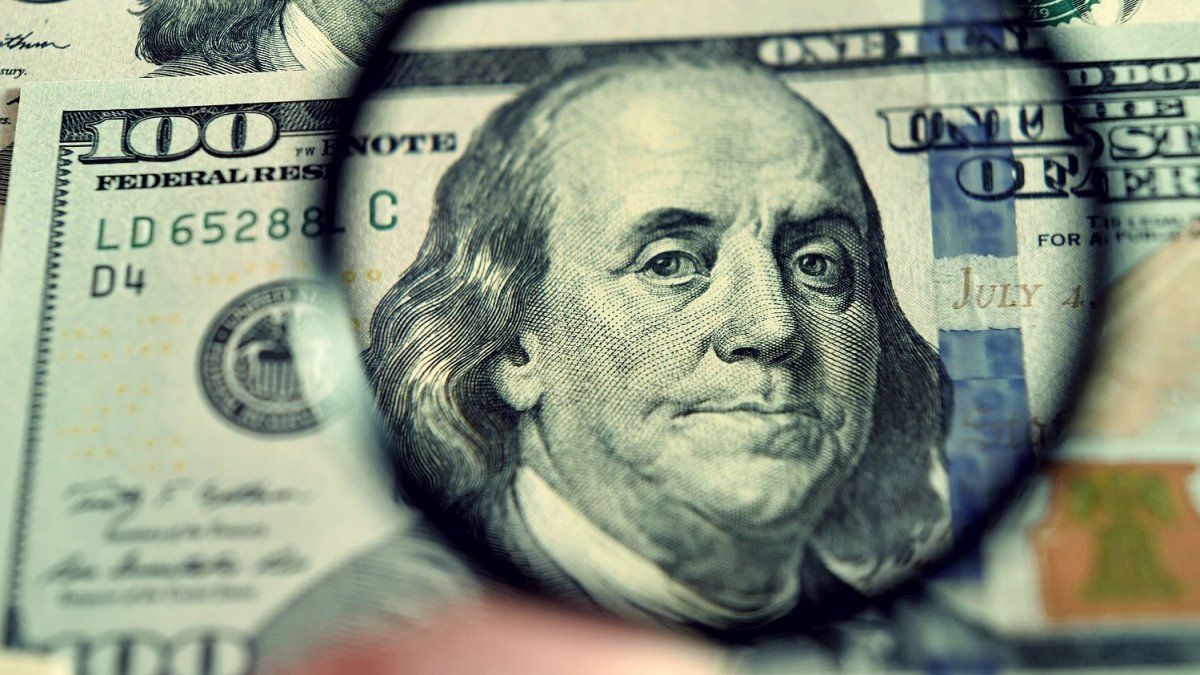High poll numbers for the AfD and new revelations about a secret meeting with right-wing extremists are rekindling the discussion about a ban. When would that happen? How is the situation? An overview.
Why is the AfD ban being discussed?
The debate is not new, but is being held again due to current circumstances. The most recent ones have once again revealed the extremist tendencies of the far-right party for those in favor of a ban. The AfD’s good poll numbers – and three state elections in the fall – are also fueling the discussion.
The party, which was founded in 2013, is now classified as “certainly right-wing extremist” by the respective Office for the Protection of the Constitution in three federal states and is listed as a “suspected case” nationwide. In addition, “an estimated extremist potential of around 10,000 people within the AfD can be assumed.” An “ethnic-cultural understanding of the people” as well as “positions that are anti-foreign, anti-minority, anti-Muslim and anti-Islam” are also expressed in the party. That’s why the federal AfD is now being monitored more closely as a right-wing extremist “suspected case”. The AfD is legally defending itself against the classification and accuses the Office for the Protection of the Constitution of political motives.
Who wants a ban procedure and who doesn’t?
Some call it so, others so. One thing is clear: the question is being discussed controversially. The legal hurdles for this are high (more on that in a moment), and the political risks of such a step are hard to foresee.
Supporter a ban would argue that the AfD would harm democracy. “She uses every topic to incite people,” said SPD co-leader Saskia Esken. “For me, this is clearly anti-democratic.” Esken therefore calls for a ban to be examined “again and again”. Subtext: Act before it’s too late. At least that’s how the federal government’s ex-Eastern representative Marco Wanderwitz from the CDU sees it – and has been for a long time. Already in October he said that the AfD was dealing with a party “that seriously endangers our free basic order and the state as a whole.” “That’s why it’s high time to ban them.”
Opponent Above all, they cite the high legal hurdles of a ban – and the possible consequences if a procedure fails because of this. Like, for example, FDP Justice Minister Marco Buschmann, who predicts a “tremendous PR victory” for the AfD in this case. Other critics also fear that a ban would give the far-right party (even) more impetus. Therefore, they have to be addressed politically, says Bundestag Vice President Petra Pau from the Left. The current Eastern Commissioner and Wanderwitz’s successor Carsten Schneider puts it in this formula: “If we ban a party that doesn’t suit us, but which is consistently ahead in the polls, then that will lead to even greater solidarity with it.” The SPD politician believes that the “collateral damage” would be “very high”. And a ban is therefore not the right way.
What requirements must be met to be banned from a party?
The hurdles are high; parties are also protected by the constitution. When a party is “unconstitutional” is spelled out in:
Parties that, based on their goals or the behavior of their supporters, aim to impair or eliminate the free democratic basic order or endanger the existence of the Federal Republic of Germany are unconstitutional
The “free democratic basic order” is the sum of many parts, for example the independence of the courts and fundamental and human rights. In a ban procedure, it would have to be proven beyond a doubt that a party is actively fighting this basic order.
Who decides whether to ban a party?
The federal government, the Bundestag or the Bundesrat can submit an application for a ban. However, the decision as to whether a party is banned or not is made by the Federal Constitutional Court. The mothers and fathers of the Basic Law wanted to prevent a government from simply banning unwanted competition. Consequently, at the beginning there is a political decision, which is then legally assessed – a process that can be lengthy.
Have parties already been banned?
Yes, but only twice. In 1952, the Socialist Reich Party (SRP) was banned because it was considered to be related to Adolf Hitler’s NSDAP. In 1956 it was judged that the German Communist Party (KPD) wanted to establish a “dictatorship of the proletariat”.
However, a ban on the NPD (today: Die Heimat) failed twice. An attempt started in 2001 was discontinued in 2003 because at that time the party was filled with undercover agents, including in leadership positions. A second ban procedure was launched in 2012, which also failed. In 2017, the Constitutional Court found that the NPD represented “a political concept aimed at eliminating the existing free, democratic basic order.” But according to the judges’ assessment, the NPD was – to put it simply – simply too small and insignificant to be able to implement its goals.
The second NPD procedure serves as an argumentative aid for supporters and opponents for a ban on the AfD. Some say that things would also go wrong in the case of the AfD. The others say that the AfD is now much larger than the NPD and could therefore achieve its goals. What is true? And what consequences must be drawn from this? This is now being discussed.
Source: Stern
I have been working in the news industry for over 6 years, first as a reporter and now as an editor. I have covered politics extensively, and my work has appeared in major newspapers and online news outlets around the world. In addition to my writing, I also contribute regularly to 24 Hours World.




